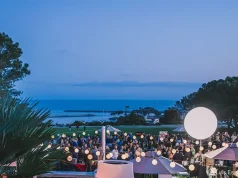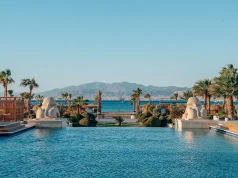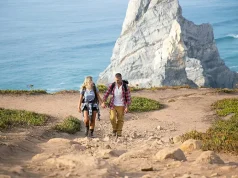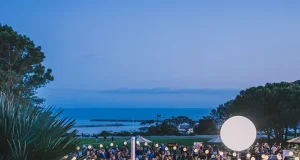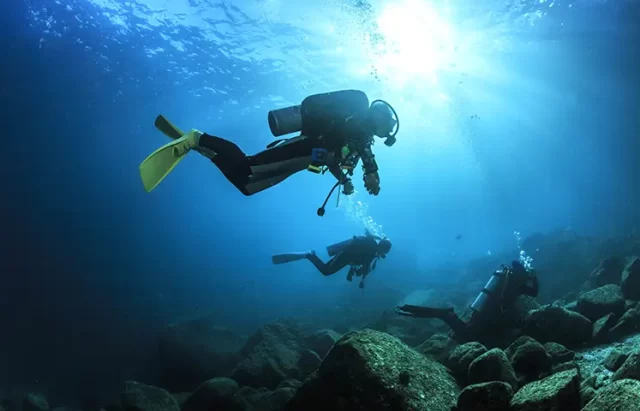
Nestled along the Baja California Sur peninsula, Bahía de Loreto National Park is a vast underwater paradise to explore, boasting dive sites for all expertise levels and terrain preferences, from shallow, luminescent dives to drift dives, deep dives, wreck dives, wall dives, sea mounts and more. An undisturbed natural area reminiscent of the tropics and spanning over 200,000 hectares, the marine park encompasses Bahía de Loreto, borders the Gulf of California, and includes part of Baja California Sur.
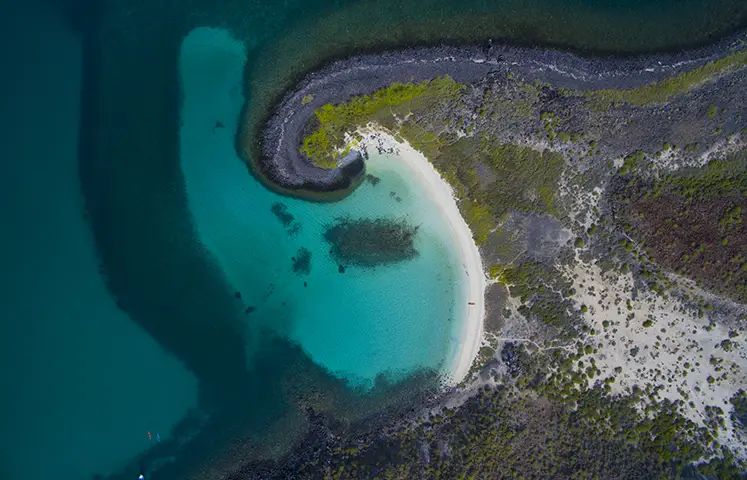
Bahía de Loreto National Park is an UNESCO World Heritage Site and protected within it are five islands: Isla Coronados, Isla del Carmen, Isla Danzante, Isla Montserrat and Isla de Santa Catalina, whose rocky formations make up some of the best dive sites in Mexico. Each island has a wide range of diving sites that are appropriate for divers of all levels. Some of the best scuba locations include:
- Isla Coronados is the closest island and is an ancient dormant volcano currently home to the local sea lion rookery. Its dive sites include impressive lava rocks that generate caverns, ledges, and deep, steep walls ribbed with soft coral.
- Isla del Carmen is the largest island and features shallow pinnacles, steep wall dives, deeper seamounts rich with life and a big sunken ship great for exploring. “Can’t miss” dive sites include Palo Blanco, Los Picachos, and The Abyss where eagle rays are known to be spotted.
- Isla Danzante is a diver’s playground with several excellent reef sites, a wall dive, and an idyllic beach to enjoy during surface intervals. Its dive sites feature an abundance of coral, a significant population of nudibranchs and a 180-foot-long wreck called, “Agustin Melgar.”
As a family-friendly destination, Loreto has an excursion for every type of diver. From the novice who wants to learn to dive to the ardent underwater photographer, Bahía de Loreto provides nearly endless opportunities in ideal surroundings. Blue Nation Baja, Dolphin Dive Baja and Loreto Land and Sea Tours make up some of the excellent local dive operators in the area. With their expert guidance, both beginner and expert divers can submerge themselves in the gulf’s spectacular beauty and swim among enormous schools of fish, beautiful nudibranchs, playful sea lions and several different species of turtles.
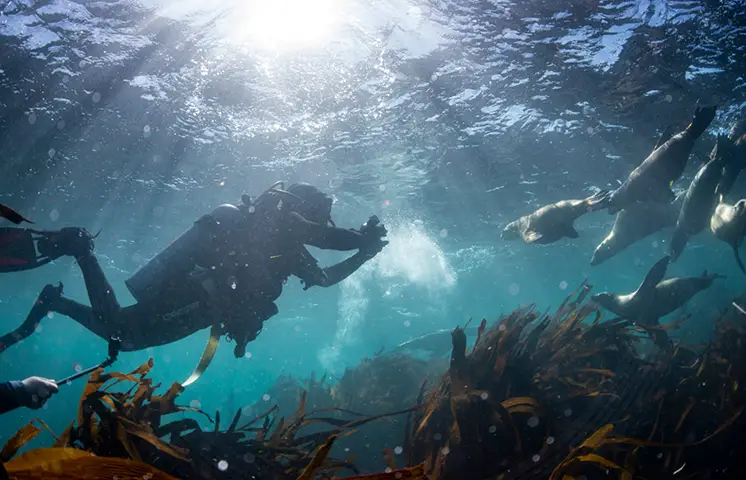
Diving conditions in Loreto are ideal a majority of the year, May through November, but the best time of year is summer. From June through August, visibility is at its best and air temperatures reach over 100 degrees Fahrenheit, making the water warm and welcoming in the mid-80s with a thermocline that drops into the 70s at about 90 feet. Both summer and fall visitors can expect to see all kinds of colorful marine life up close, including various tropical species like angel sharks, guitarfish, torpedo rays and electric rays.
October and November are also great months for warm water diving with strong currents perfect for setting up incredible drift dives. While travelers in January and March have the best chance to witness the great migration of blue whales to the Gulf of California’s warm and protected waters. The world’s largest creatures return every year to feed, calve and mate.
On land, Loreto is a historic and quaint beach town brimming with laidback charm and a rich cultural heritage. The original capital of The Californias and resurrection site of Baja California’s first mission: Misión de Nuestra Señora de Loreto Conchó, the city has a deep history that can be witnessed through momentous landmarks and museums dating back to 1697. Visitors will also enjoy warm service and hospitality from local hotels and restaurants, which are conveniently within walking distance of each other.


